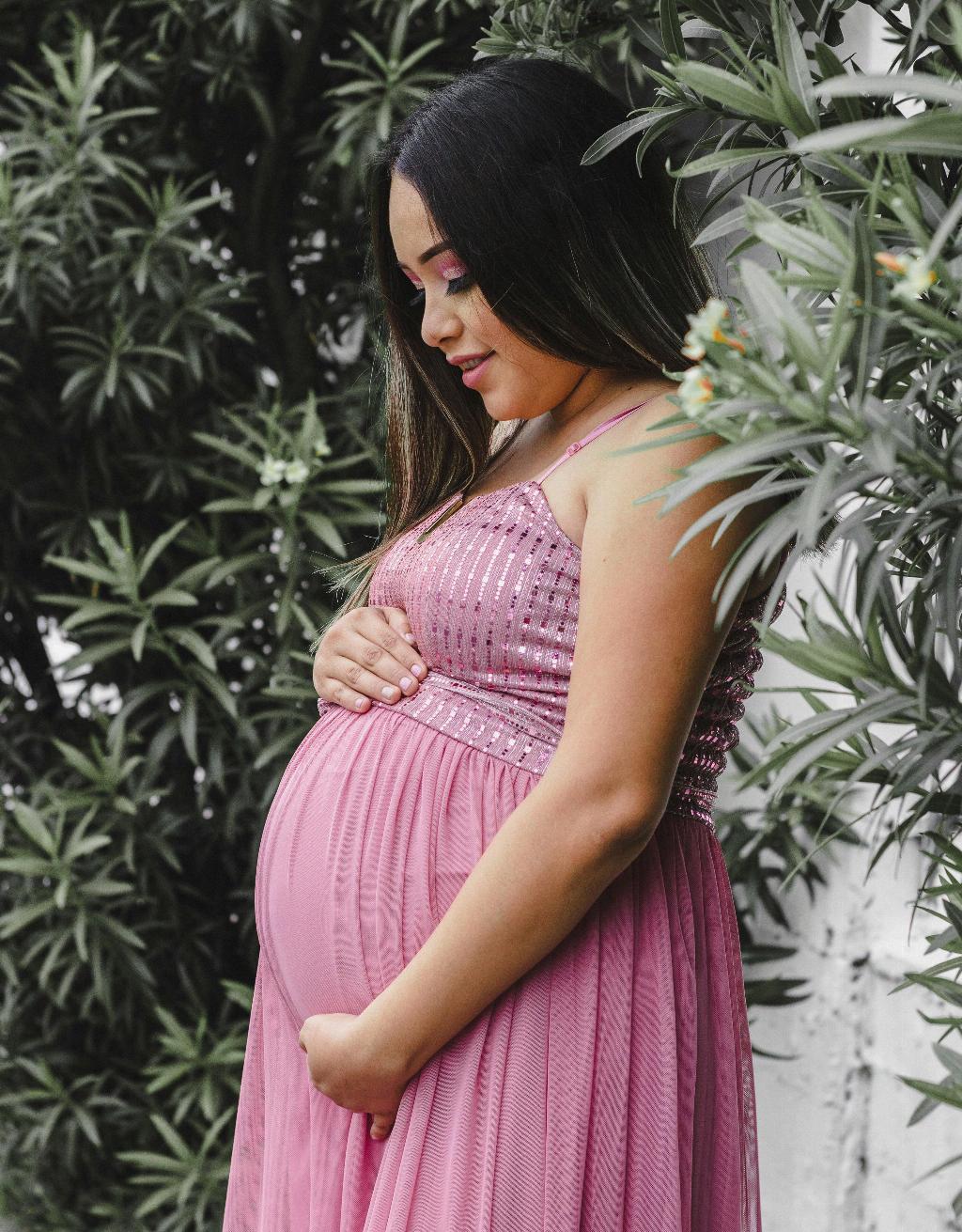Early pregnancy is a time of significant changes in a woman’s body as it adapts to support the growth and development of a tiny life within. One common symptom that many women experience during this period is extreme tiredness or fatigue. This feeling of exhaustion can be overwhelming, leaving expectant mothers wondering if there is a connection between the gender of their baby and the severity of their fatigue.
Research suggests that extreme tiredness during early pregnancy may be more common in women carrying female fetuses. It is believed that the higher levels of the hormone human chorionic gonadotropin (hCG) produced when carrying a girl can contribute to increased feelings of fatigue. This hormonal surge, along with the energy demands placed on the body during pregnancy, can leave women feeling drained and in need of extra rest.
While the relationship between fetal gender and maternal fatigue is not definitive, many women report experiencing more pronounced tiredness when carrying a girl. Theories abound as to why this may be the case, with some experts suggesting that the metabolic demands of carrying a female fetus may be higher, leading to increased fatigue levels in expectant mothers.
It is essential to remember that every pregnancy is unique, and the experience of fatigue can vary widely from woman to woman, regardless of the gender of the baby. Factors such as overall health, lifestyle, and individual metabolism can all play a role in how tired a woman feels during early pregnancy. While some women may feel exceptionally fatigued, others may have more energy and vitality despite being in the same stage of gestation.
Managing extreme tiredness during early pregnancy involves listening to your body and prioritizing rest and self-care. Taking short naps, eating a balanced diet rich in nutrients, staying hydrated, and engaging in gentle exercise can all help alleviate feelings of fatigue. Additionally, seeking support from a healthcare provider and discussing any concerns about excessive tiredness is crucial in ensuring both maternal and fetal well-being.
While the connection between fetal gender and maternal fatigue remains a topic of ongoing research and debate, many women find solace in understanding that feeling tired during pregnancy is a common and often temporary symptom. By recognizing the signs of exhaustion and taking proactive steps to address them, expectant mothers can better navigate the physical and emotional demands of early pregnancy.
In conclusion, extreme tiredness during early pregnancy can be a challenging aspect of the journey to motherhood, with some women reporting heightened fatigue when carrying female fetuses. While the exact reasons for this correlation are not fully understood, hormonal fluctuations and metabolic changes may play a role in exacerbating fatigue levels. Regardless of the gender of the baby, prioritizing self-care and seeking support from healthcare providers can help women manage their fatigue and promote a healthy pregnancy.

